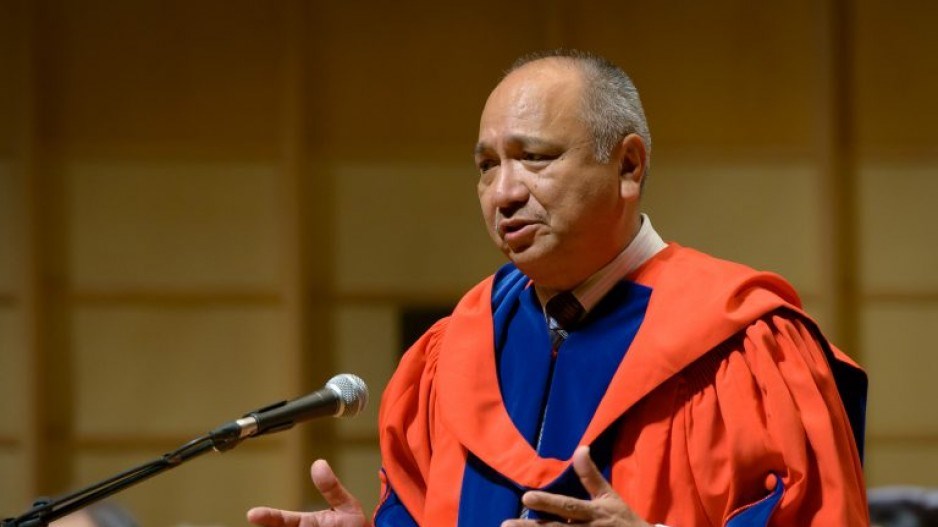Canada may still be the land of opportunity, especially for resource and energy sectors. But without the consent and support of indigenous people, it’s becoming an increasingly risky place to invest, especially in B.C., where indigenous rights and title were never extinguished or defined through treaties.
Those companies that have succeeded in building new mines, securing timber harvesting rights or negotiating pipeline rights-of-way in B.C. have likely secured agreements with First Nations, and entered into partnership agreements with them.
A few recent success stories will be shared at an upcoming forum on indigenous partnerships. The forum will provide businesses and investors some insights on the evolving legal landscape – notably the implications of the United Nations Declaration on the Rights of Indigenous People (UNDRIP) – and how to develop working relationships with indigenous people.
“This event is for businesses and First Nations that recognize that there’s a big shift happening in the Canadian economy right now, as more economic participation by indigenous peoples is becoming the trend,” said Stewart Muir, executive director of Resource Works, which is convening the forum.
The virtual forum will run over two Fridays -- May 28 and June 4. Keynote speakers will include First Nations lawyer and former Canadian senator Murray Sinclair, Steven Point, a former First Nations judge and B.C. lieutenant-governor, and Canadian Natural Resources Minister Seamus O’Regan.
There will be panel discussions on economic reconciliation and UNDRIP, which the federal government plans for formally enshrine in Canadian law with third reading of Bill C-15 in the coming days.
“This is a time of change,” Muir said. “B.C. has UNDRIP legislation and Canada federally will soon have UNDRIP legislation, so if you want to prepare your business for coming change, this is a way to get practical knowledge and networks.”
A number of success stories will be showcased, including a discussions between Trans Mountain Corporation, which is building the Trans Mountain pipeline expansion, and a councillor for the Simpcw First Nation. The forum will features international perspectives on indigenous relations from representatives from New Zealand and the U.S.
The cost of the two-day event is free to First Nations, and $150 for non-indigenous attendees.




